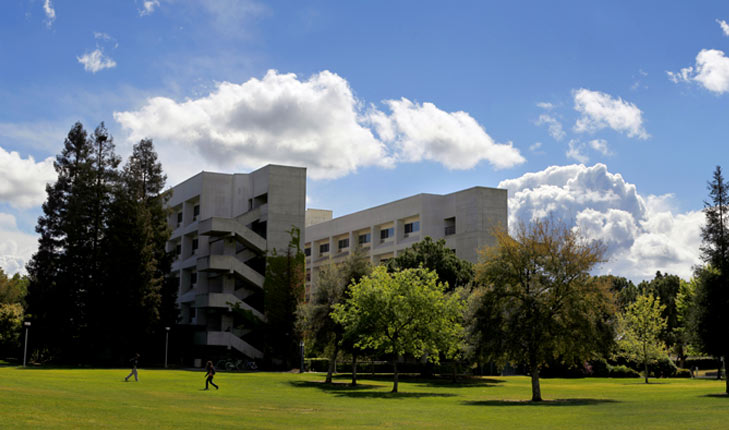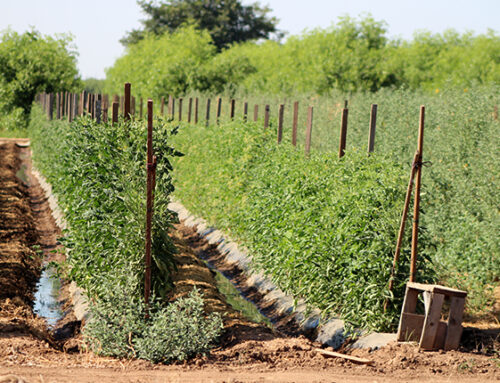The San Joaquin Valley Business Conditions Index declined slightly in April to 60.2 from March’s record high 61.2, but remains in a range that indicates an expansionary economy over the course of the next three to six months.
“After moving to a record high for March, the overall index for April fell to a still-robust reading,” said Dr. Ernie Goss, research faculty with the Craig School of Business at Fresno State. “The region is currently experiencing solid manufacturing growth combined with upturns in regional construction. However, as in past months, durable, or heavy manufacturing, continues to lag behind non-durable manufacturing, including food processing.”
- The index, produced by the Craig School of Business, is a leading economic indicator from a survey of individuals making company purchasing decisions in the counties of Fresno, Madera, Kings and Tulare. The index uses the same methodology as that of the national Institute for Supply Management.
Other survey findings:
Employment: After moving below growth neutral for December, the employment gauge climbed above the threshold every month since. The April index fell to a solid 56.3 from March’s robust 62.5. “Over the past 12 months, the San Joaquin region has experienced strong and improving job growth at 2.7 percent, which is well above the pace of the nation’s 1.5 percent. Our surveys over the last several months indicate that the San Joaquin job market will continue to expand at a pace above that of the nation through the third quarter of 2017,” Goss said.
This month business survey respondents were asked to identify the greatest economic challenge facing their company for 2017. Almost one in four, or 23.1 percent, reported that finding and hiring qualified workers was the greatest 2017 economic obstacle to business expansion for the year.
Wholesale Prices: The prices-paid index, which tracks the cost of purchased raw materials and supplies, slipped to 66.6 from 68.1 in March, indicating modest but elevated inflationary pressures at the wholesale level. Goss expects inflationary pressures at both the consumer and wholesale level to move higher in the months ahead with additional Federal Reserve rates in June of this year. Almost one-third of businesses, or 30.8 percent, are concerned that such a rate hike would hurt their company growth, he said.
Business Confidence: Looking ahead six months, economic optimism, as captured by the business confidence index, declined to a still-strong 71.7 from 74.2 in March. Goss said businesses in the region and nation continue to expect improving business conditions, profits and a corporate tax cut. “I expect a failure of [Washington] D.C. to enact a corporate tax cut to shrink that confidence,” said Goss.
Inventories: In another show of economic confidence, the April inventory index climbed to a strong 62.4 from 61.2 in March.
Trade: Both the new export orders index and import index remained above growth neutral for April. The export reading climbed to 57.3 from March’s 50.3, and the April import reading rose to 56.9 from 56.6 in March.
Other components: Other components of the April Business Conditions Index were: new orders at 60.2, down from 62.0 in March; production or sales at 65.1, up from March’s 64.8; and delivery lead time at 55.8, down from last month’s 61.6.
For more information, contact Goss at 559.278.2352.
Related Links:
- Craig School of Business
- Goss: Twitter at www.twitter.com/erniegoss or www.ernestgoss.com
- Institute for Supply Management






